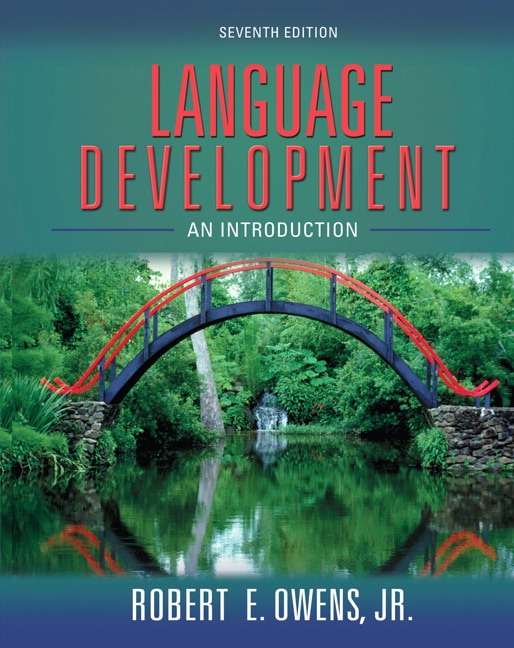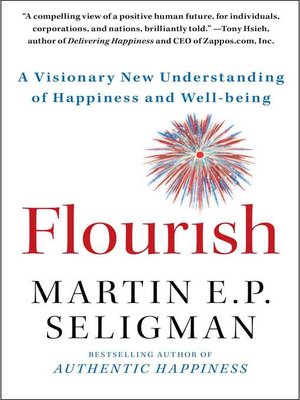What we can learn from ICME
ICME is the Olympic games of mathematics education. Everybody who is anybody in mathematics research is here. Thus, there are many lessons for NZ.
The mathematics group, in and for work, is comprised of about 20 leading researchers. Following three presentations we face the chairs in and have a group discussion regarding the topics. So far this has been the most beneficial of all sessions. The topics are diverse and its enlightening watching and listening to the debate.
One topic addressed was 'what is authenticity in a mathematical context? This centered on what makes for authentic mathematical tasks. In the NZ adult literacy and numeracy domain authenticity is strongly promoted, but often under the guise of 'contextualisation'. In fact, at one time it was promoted as the only way. In my opinion this was an attempt, rightly or wrongly, by the adult literacy and numeracy educators to position themselves as the experts rather than the specialist literacy and numeracy experts occupying the Universities. Although they did not possess the qualifications, their argument was that context is everything, and unless you had a methodology to understand it, you were not going to be effective. The adult educators appeared to have a methodology for developing literacy and numeracy in authentic contexts, yet whether or not they did was never investigated. They claimed to, and they also claimed that 'de-contextualised' tasks were next to useless, because they recreated the school approach which had already failed the adult learners in question. I have some sympathy for this view.
Yet as numeracy/maths educator I was never comfortable with the fixated view that everything had to be contextualised. Contextualisation never answered the deeper questions regarding learning nor did it bare up under any sustained scrutiny. The research on authentic tasks does not draw any real conclusions about the benefits, which is odd, considering it is a central plank in adult L&N. Meanwhile, there is now fifty years of research demonstrating good mathematical practice, and little of this has to do with authenticity. The fixation on contextualisation may have held back many of the research breakthroughs from permeating the adult numeracy sector.
Second, how does one define authentic? Nobody wants to be 'inauthentic' and hence everybody argues for their own corner. Kass Hoogland noted, "authentic for whom?"
The group discussion covered these points and we tentatively concluded that 'authentic' is a somewhat redundant term. The emphasis ought to be on sense-making instead. Does the mathematics make sense to the learner? Does it still make sense in the target context? So we slayed a sacred cow that needed slaying in my opinion.
The take away. Use what works. Just make sure it either supports the skills needed in the context, or directly transfers.



